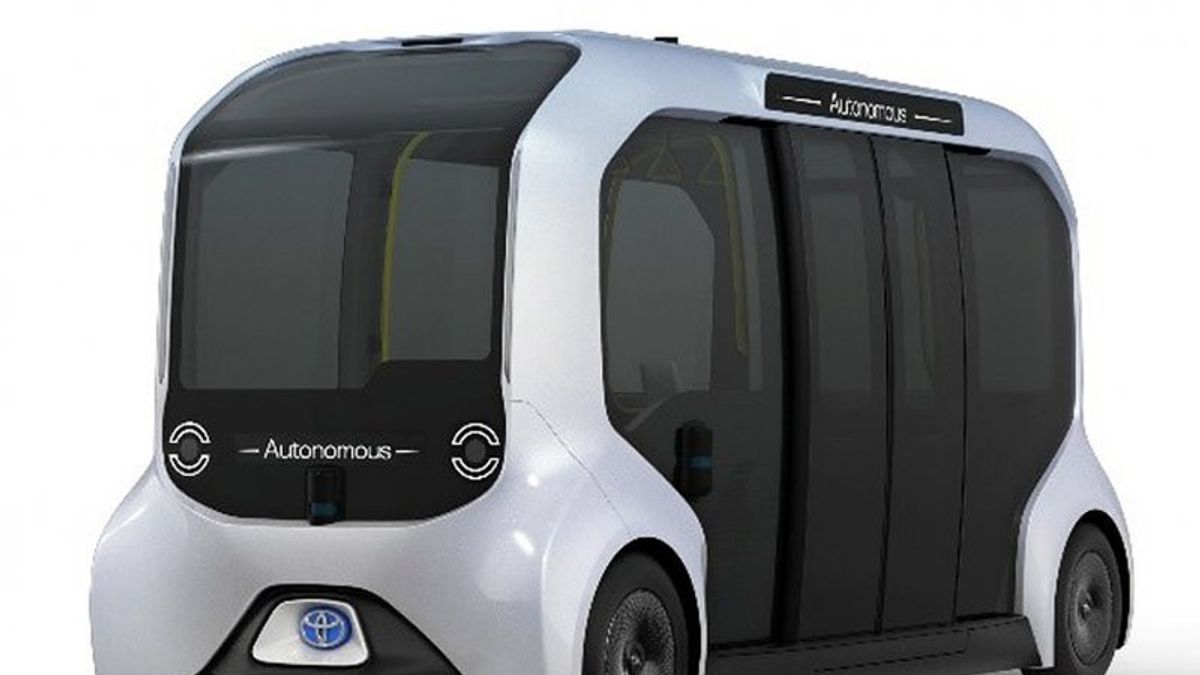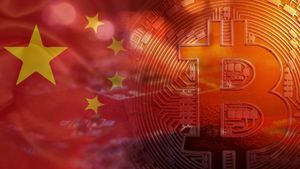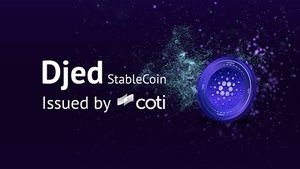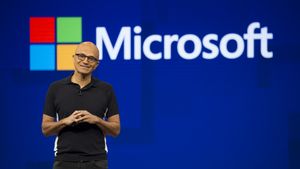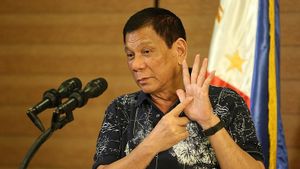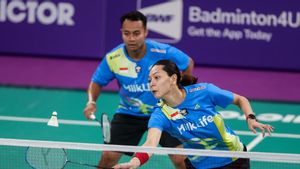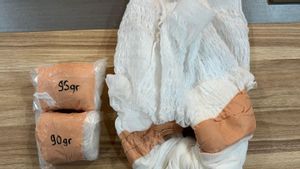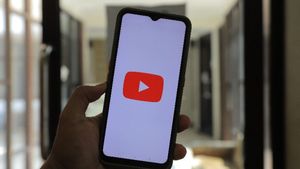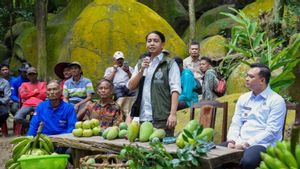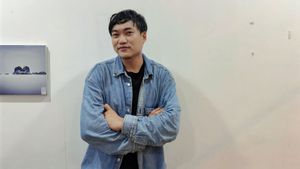JAKARTA – Toyota Motor Corp's Silicon Valley research arm said on Thursday, September 23 that it had acquired automotive operating system software company Renovo. This is done to assist in accelerating the development of connected and fully autonomous vehicles.
"I look forward to cutting years and months to our minimum viable product launch," James Kuffner, head of Toyota's subsidiary Woven Planet, told a news conference.
"The long-term goal is to design software and operating systems that other automakers will also use," added the former Google robot engineer.
Toyota is in a technology race with other established car companies and emerging competitors, such as Tesla Inc and Amazon, to build cars that can operate driverless and share data in a connected network. While some self-driving vehicles are readily available, their autonomous functions are mostly limited to parking and freeway driving only.
Toyota deployed a fleet of self-driving vehicles at the Tokyo 2020 Olympics and Paralympics to showcase its autonomous technology. However, they had to temporarily halt operations after one of their cars hit and injured a Paralympic athlete in an incident that Toyota chief Akio Toyoda said demonstrated the challenges of autonomous vehicle technology.
SEE ALSO:
US-based Renovo has designed an operating system for cars that manages vehicle systems and can sort and filter information for sharing, including data that can help automakers improve vehicle designs.
The latest acquisition by Woven Planet comes after it bought Carmera in August, a US company that provides real-time high-definition maps and data for driverless vehicles.
Toyota founded Woven Planet in January to invest in and develop mobility with artificial intelligence.
Japan's leading car manufacturer is also building Woven City, a "city of the future" at the foot of Mount Fuji in Japan. A Toyota community says the city will use hydrogen fuel cells for power and become a laboratory for autonomous cars.
Earlier this year, Toyota also purchased a self-driving technology unit from Lyft Inc for USD 550 million (IDR 7.8 trillion) and invested in Ridecell, which provides automation for its fleet business.
Other self-driving partnerships include a joint venture with SoftBank Corp and stakes in China's Didi Global Inc and Singapore's Grab. This proves Toyota's seriousness to become a major player in the provision of autonomous cars in the future.
The English, Chinese, Japanese, Arabic, and French versions are automatically generated by the AI. So there may still be inaccuracies in translating, please always see Indonesian as our main language. (system supported by DigitalSiber.id)
